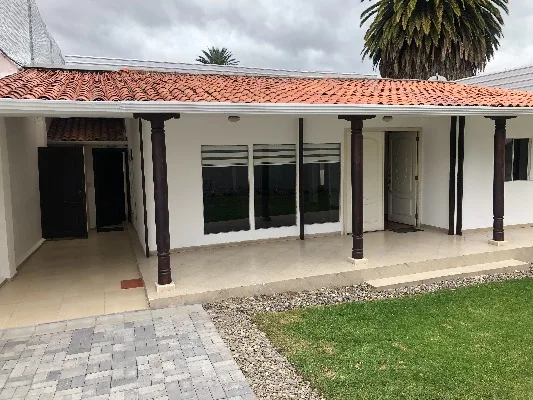New textile design project offers Ecuadorian artisan weavers work during the pandemic
By Mario Abad
There are roughly 2.5 million local artisans in Ecuador, most of whom rely on year-round tourists to sell their handmade wares. But with Covid-19 continuing to wreak havoc on the travel industry, many craftspeople have seen their incomes devastated.

Some of artisans of the Allpamamas collective.
In the northern province of Imbabura, located in the Andes mountains, there are dozens of native female embroiderers who have been affected by the pandemic. Allpamamas, an Ecuadorian clothing and accessories brand that launched earlier this year, recently set up a jeans drive to support the women from this region, turning pre-worn denim into embroidered bucket hats that pay each artisan a fair wage. (Allpamamas also created a fund that will finance eye doctor appointments and glasses for embroiderers in need.)
The initiative is one of many under the Allpamamas brand, which works with a team of eight female artisans and has implemented several projects to help maintain their salaries. The abuelitas (or grandmas) utilize design techniques passed down to them from generations, from using natural fibers and upcycled materials to organic dyeing techniques. This allows them to preserve their craft in the countryside rather than having to leave their land in search of employment in the city.
Allpamamas is the brainchild of Maria Puente Silva, who is Spanish, and Vanessa Alarcón (Ecuadorian), who met by chance several years ago through a mutual friend and bonded over their shared love for Ecuador and its traditions. After feeling burnt out from working in fast fashion, Silva discovered a passion for the country’s history and textiles.

An ikat weaver works in his shop near Gualaceo.
“I started to investigate more about it, and I spent two or three years traveling around and learning some processes, and some textile patterns, dyeing and other things that I love,” Silva says. “And for me, as a designer, it’s always been about the materials. Since I was a little girl, I fell in love with the patterns, and the fabrics and the colors.”
For Alarcón, this experience was also in many ways about finding herself as someone shares ancestral lineage with the country. “It’s like we try to find our own place — me as an Ecuadorian — trying to find what my identity here really means,” she explains. “And for Maria, being Spanish and also feeling so much at home in Ecuador, and having made this her home, and interacting with women from a completely different culture that we have so much in common with — it feels like the whole project is extremely experimental and it’s so much about our own identity and exploring as just women, working together and spending time together and learning from each other.”
Among the design techniques the artisans incorporate are the use of Ikat, 100% hand-woven, plant-dyed cotton, pedal looming and hand-spun wool, a method that in many places is almost extinct but continues to be used in Azuay Province. On its e-commerce page, the name of the artisan who made each item is listed under each description as well as the location of where it was assembled and finished.
Tránsito Noques and Estela Cacoango, for example, are the brand’s go-to embroiderers (the latter has been with Allpamamas since day one), while Carmen Orellana is a 5th-generation weaver from the Bullcay, near Cuenca. She was even awarded the Excellence in Artisanship prize by UNESCO and was involved in establishing Ikat weaving as Immaterial Cultural Patrimony of Ecuador, which protects the craft from appropriation by other groups.
The brand recently shot a two-minute video (see below) that captures the scenery and community of women artisans complete with stunning landscapes and close-ups of the land they inhabit. “We were thinking about the Covid shutdown, seeing nature’s resilience during human reclusion,” said Valentina Pozo, a New York-based image-maker from Quito, Ecuador who put together the film. “It had us thinking about the elements, which are, in Andean cosmology, the spirits of creation, which would be earth, fire, water and air. And paying homage to that through experience as a team. So, it was very ceremonial.”
While the journey of bringing Allpamamas to life has been a spiritual quest for many of the women involved, it’s also been ultimately a lesson in starting a business. “I think, it was extremely evident from the start that this needed to be a co-creation,” said Alarcón, who served as innovation consult in starting Allpamamas. “We started experimenting with what this co-creation looks like, and we ended up applying all this design thinking knowledge that I had to co-create business models, and working methodologies with each of the communities of artisans that we work with.”
“I think there’s a misconception that artisanal work can’t be scalable for marketing purposes,” she adds. “It’s my belief that it’s because the people who design that model didn’t design it in a way that fits the day-to-day work of the artisans. There are so many artisans that you can 100% scale, and it shouldn’t be a problem. And that’s what we’re trying to prove through our business, and in the future, share with others.”
_____________________
Credit: The Paper






















